You have designed a beautiful website and added all the functionalities a user would ask for. Your website has great potential to grow big. But, missed one vital point. It isn’t loading fast. That can kill all the potential and those amazing features can go in vain. It can ruin all your efforts of building a successful website.
So, one of your first priorities has to be making your site faster. Briefly, the process is called optimizing websites.
In the write-up, we are considering WordPress sites. We will have a look at factors that slow down a website, how a slow site can kill all the potential, and ways to speed up WordPress sites. In short, this article explains ways to optimize WordPress sites.
A slow website can do all the harm
People aren’t patient enough anymore. They want websites to load in a blink of an eye. They won’t explore unless it’s a fast-loading website. So you must optimize your website speed.
Otherwise, it will do more damage to your business than gain. Here is how a slow website can cost you badly:
Painful user experience
In the world of the internet, if you own a website, your users are your king. You must do everything to satisfy them.
In this contrast, page load speed is your first chance to impress them. One of the first factors that affect the user experience. It’s a horrible experience when a web page takes too long to load. From our personal experience, we all know how horrible it is.
And one thing is for sure. It’s gonna be very tough to progress in a competitive online market with a poor user experience. You might end up losing a lot because of this slow-loading website.
End up losing website traffic
“40% of people abandon a website that takes more than 3 seconds to load.” This indicates that you will lose a good chunk of users if your website is not well-optimized.
Source: Neilpatel Blog.
Besides, the site speed, search results, and traffic are interrelated. SERP rank is a critical factor for traffic on websites. A higher rank in search engines will generate more traffic to your site. Consequently, when the low speed & high bounce rate causes a drop in search result rank, you will ultimately end up losing traffic.
Increase in bounce rate
Bounce rate counts when a user visits and leaves the web page without interacting or speeding up ample time. That’s obvious for a slow site. How could they interact when a page is taking ages to load. Also, they won’t spend time on a forever-loading web page.
As per the experts, “47% of consumers expect a web page to load in 2 seconds or less“. You cannot expect the visitors to be patient. That’s the reality.
As a result, visitors coming and leaving your website won’t serve your purpose. Besides, a high bounce rate is a minus point for Google also. Perhaps it might affect the search result rank.
A fall in SERP rank
You might think that placing key phrases in the right place, publishing SEO-friendly content, and following other rules would do it for you. No, it isn’t that simple.
There are certain factors that decide your website’s SERP (Search Engine Result Page) rank. Page load speed is a major factor among them. Google doesn’t like slow sites either. The search engine giant always intends to provide a faster and better experience all over the internet.
They even introduced the ranking factor called Core Web Vitals, to serve a better user experience. While one of its three major signals is Largest Contentful Paint (LCP), which measures sites’ loading performance.
Understandably, the search engine considers how optimized your site is while showing it on its search results. Even other search engines take it seriously.
Even it can cost you money
If you are running an eCommerce site, per second delay in page loading can cost heavily.
According to SEO pundit Neil Patel, when you are earning $100,000/day, just a 1-second delay might cause you to lose up to $2.5 million in a year. That’s a lot of money. I don’t think anyone would wish to lose that amount of money. So, the ultimate solution is to optimize your site and make it fast.
Okay, but why is my WordPress site so slow?
That’s a legitimate question. As we are talking about the process to optimize WordPress sites. You must have a clear concept of the factors that are slowing down your WordPress site. And then you can go further and solve those issues.
What slows down a wordpress website? These are the reasons:
- Slow server response time
- Loads of poorly written scripts
- Unoptimized Images
- Caching Data
- Blocking JavaScript while rendering
- Excessive plugin installed on the site
Optimize WordPress site: How to speed up WordPress site
If there are problems, there are solutions too. Now, we will focus on some of the best practices for WordPress performance optimization. Let’s find out how to optimize WordPress sites.
Optimize images used in the website
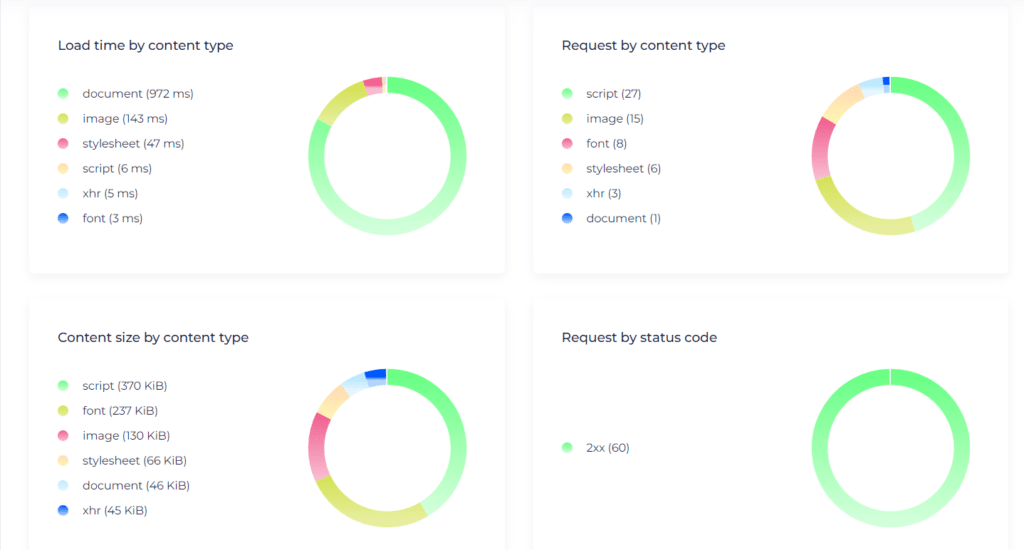
Images are an integral part of the website. You have to use images on the website to make it visually eye-catchy and increase engagement. However, images are comparatively large files, and there could be thousands of them on a website. So, optimizing images is a crucial part to speed up WordPress sites.
To optimize images, use the proper image ratio. Don’t use unnecessarily large-size images. Only upload images in the size you are practically displaying on the website.
Update your WordPress site and plugin constantly
Keep your WordPress site updated. It has a lot to do with your website performance. With every update, you will get more useful features. However, WordPress fixes a lot of security issues and bugs in each version.
In general, older versions of any software are always a little slow. The same goes for WordPress and its plugins. When you own a WordPress site, you must always keep an eye on the regular updates and update your website.
Beyond speed and performance, it’s a matter of security concern as well. Backdated versions are not secure. Perhaps it will make your site vulnerable. So if you are looking to optimize the WordPress site, and secure it as well, regularly update your website.
The same goes for other plugins. Outdated third-party plugins can slow down your websites too. Therefore, you need to keep all plugins up to date. To update, enable the auto-update for the plugins from your dashboard, or regularly check for new updates.
Use a fast WordPress theme
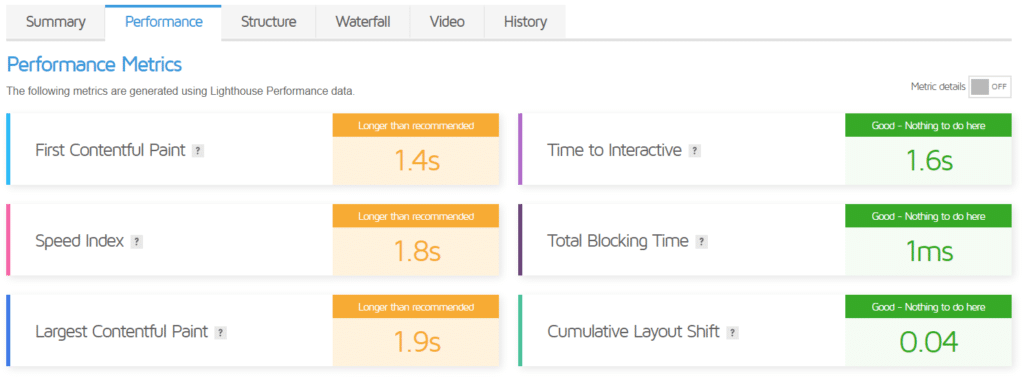
The theme you use has a lot to do with your WordPress site speed. If the theme is not optimized well enough, it will definitely slow down the website. To build a fast-loading website, you need to have a WordPress theme that is responsive, lightweight, and codes are well optimized.
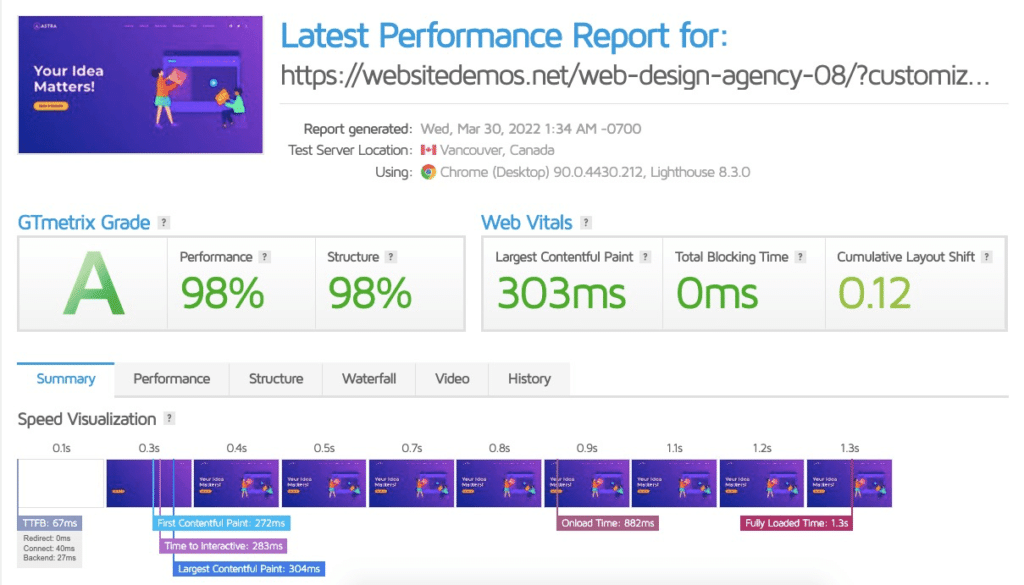
Therefore you can use a theme like WP Astra, a WordPress theme built for speed and performance. The theme requires less than 50KB of space which makes it lightweight. Meanwhile, it loads in less than 0.5 seconds which is super fast loading if you compare it with other WordPress themes.
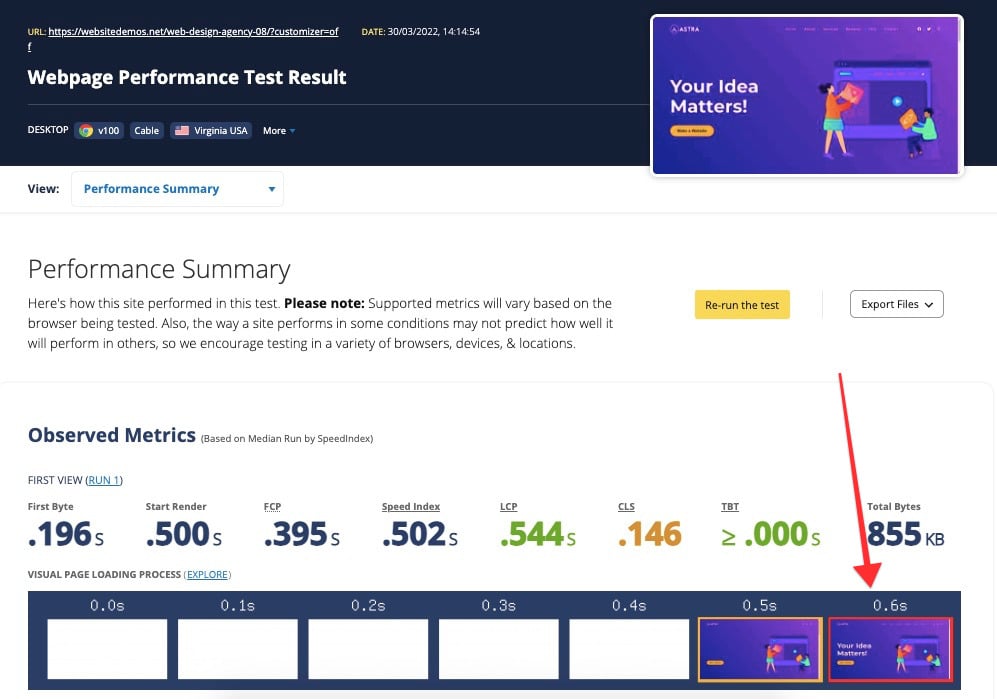
Use a caching plugin
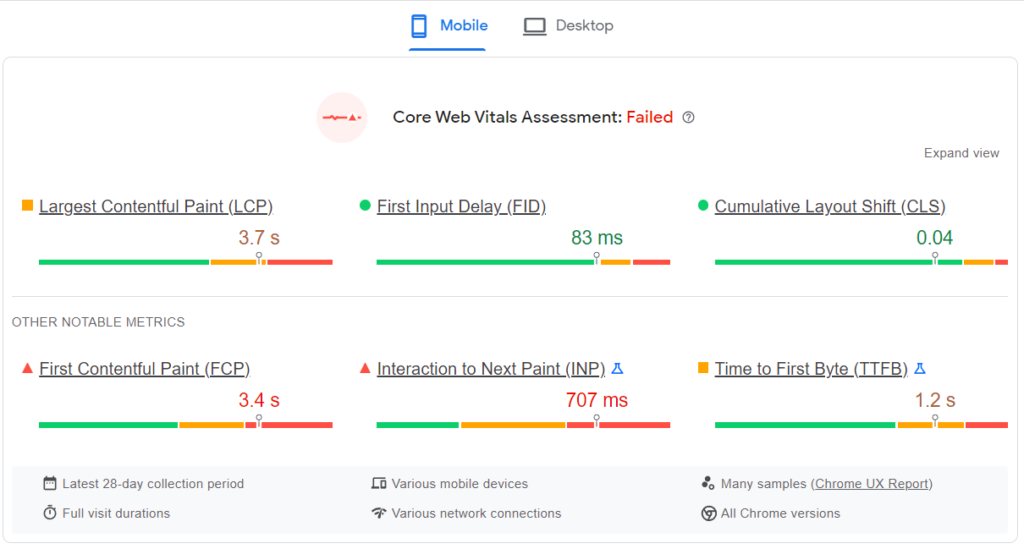
Caching plays a vital role in it. Instead of managing the website cache manually, you can automate the process using plugins, there are a few WordPress plugins to help you. Plugins like Autoptimize, WP Rocket, W3 Total Cache, and more will optimize your site to an extend and help you to speed up your WordPress site.
Delete unused plugins
However, plugins load up WordPress websites and slow down the site. Therefore, you must uninstall the plugins that you don’t use anymore or nonessential plugins.
Minify CSS and JavaScript: Write clean & optimized codes
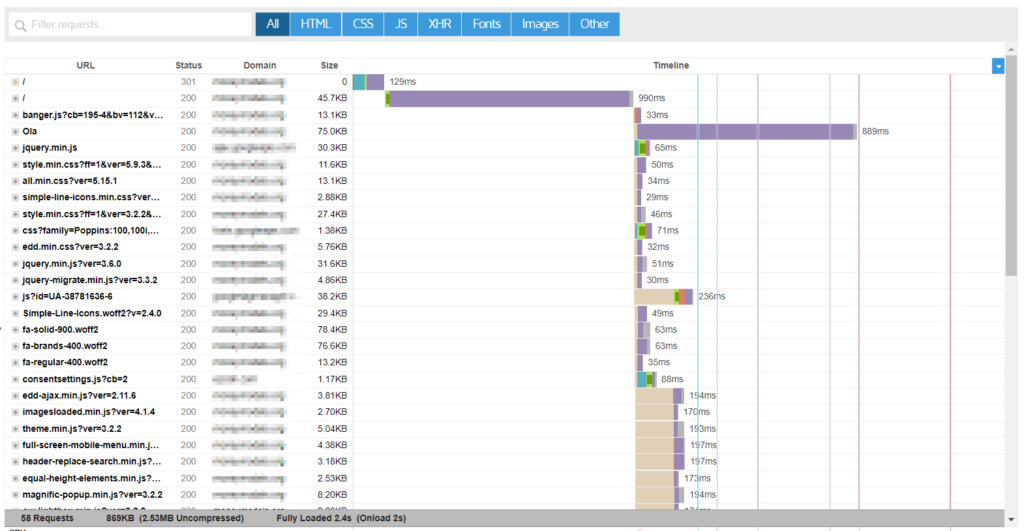
Minify all the HTML, JavaScript, and CSS codes. This means getting rid of all unnecessary elements in the code and minimizing the file size. Remove all the unessential spaces, breaks, comments, and other characters.
Basically, by optimizing the codes, you will reduce the amount of data transferred from server to user browser. Remember the more data is there to transfer, the more time it will take to load the page.
Therefore, minifying and writing clean code will ultimately boost your website’s loading speed. It’s an essential part to optimize a WordPress site.
Use a CDN
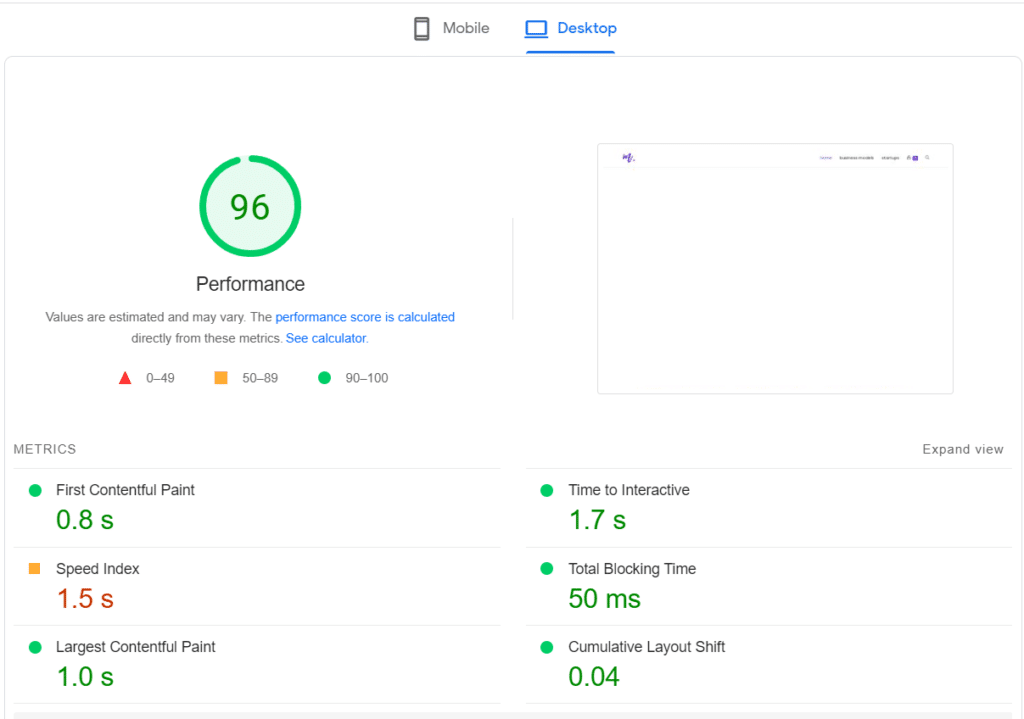
If someone visits your website far away from the host’s server location, the server will take a much longer time to respond. Hence your website will load slowly. To get rid of this issue, you should use the Content Delivery Network (CDN) server. When a visitor hits your website, CDN will load the data from the nearest server, and deliver the data to the visitor. Therefore, your website speed gets a huge boost.
Use lazy loading
Try lazy loading images. It will prevent layout shifts. Usually, when a site loads on a browser, all the contents load at once.
Lazy loading stops loading all elements at once. It loads contents lower down on the page only when visitors scroll down to that portion. It actually speeds up your website.
Choose a powerful WordPress hosting
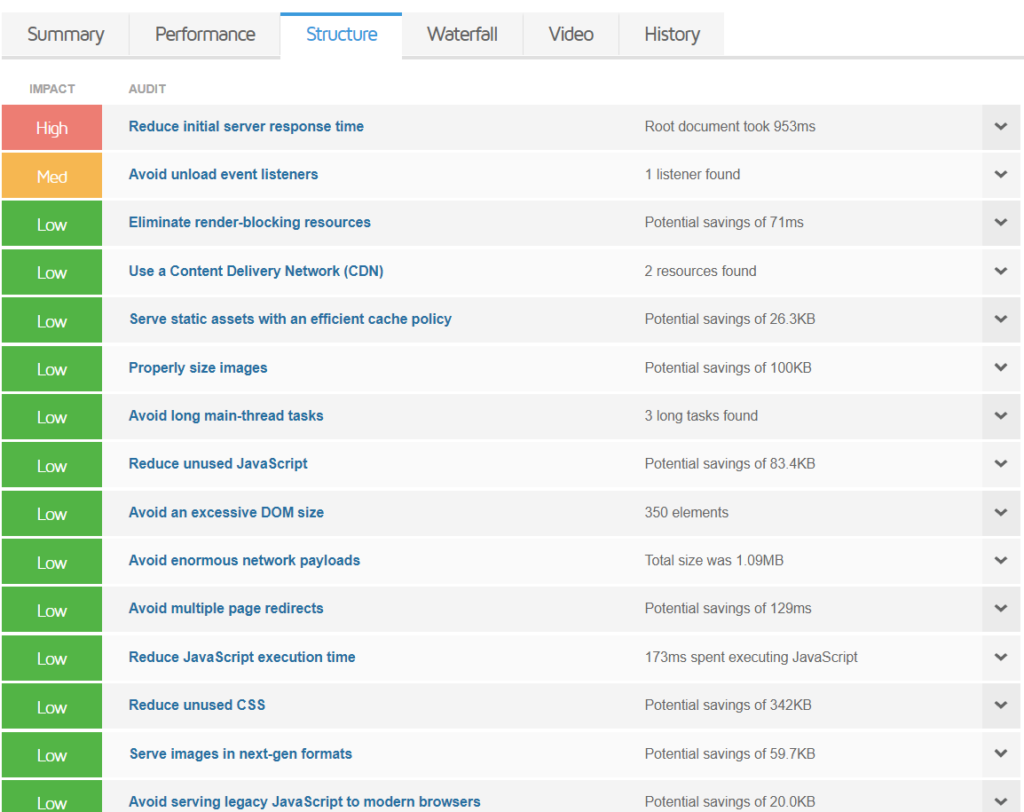
Your server host has a great impact on your website speed. Selection of WordPress hosting is crucial. When you are using a low-cost hosting plan or a shared server, your site might run slow. That’s because it will increase the server response time.
Fundamentally, when a user interacts with the web page, a request is sent to the server. The server then responds and takes action. This time of response is called server response time. Your page load speed virtually depends a lot on it. With shared hosting, the server response time is definitely slow.
However, a dedicated server will do it way faster. These dedicated servers are known as Fully Managed WordPress Hosting. All its processing and resources are exclusively dedicated to you. So, automatically it will be way faster. Though, these are expensive for your pocket. But you should not mind spending more if you are getting the desired speed.
Use a higher PHP version
PHP is a commonly used programming language for WordPress. A majority of the core WordPress backend is written in PHP.
The latest version of PHP favors boosting site performance with improved security. Newer versions obviously have faster speed, the capability to handle higher requests, and are way more responsive than the older ones.
As a result, your website runs faster with higher PHP versions. That is why, to optimize WordPress sites, using the latest PHP version is a must-to-do task.
Try using plugins to optimize WordPress site
Well, all the methods above are highly technical. However, WordPress is known for its simplicity and easy-to-use functionalities.
Guess what? There are less complex ways to optimize WordPress sites. You can just install plugins to your WordPress site, and the plugin will automatically optimize your site.
We won’t directly recommend any specific plugin. In WordPress.org you will find dozens of optimizing, caching, and lazy loading plugins to help you improve the site performance.
Don't sacrifice security for performance
Many people do this mistake. They think some security measures could slow down their website speed. That’s a misconception. Don’t make your website vulnerable to improve performance. Instead, find a way to ensure speed and security at the same time.
Even, there are some common practices to optimize and secure your website. Learn more about it from our blog on How to secure WordPress site.
Final Thoughts
These were some of the approaches to optimize WordPress sites. If you think that your site is running slow, try those methods to achieve a faster speed. Remember, a fast-loading site will always give you an advantage over your competitors. So, roll up your sleeves, and make every effort to speed up your WordPress site.
Hope this article has served you well. If you like this one, you would like our other write-ups too. Visit our Exclusive Blogs and learn about stuff related to WordPress, Elementor, Elementor widgets, and a lot you would love to read about.
Leave a comment below, if you have any queries or input to give. We are willing to accept your view on this.
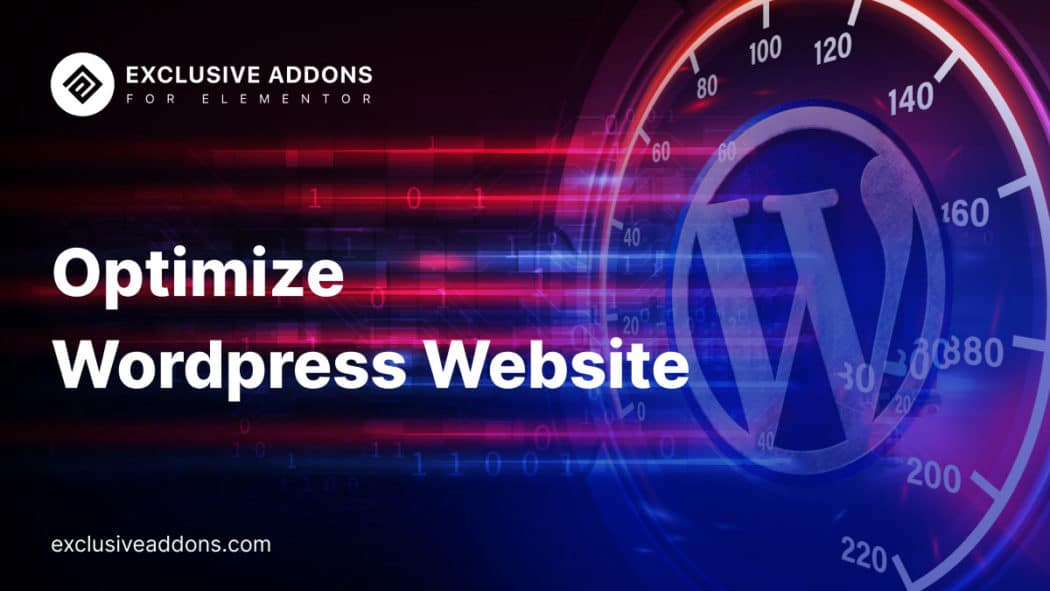
1 reply on “How to Optimize WordPress To Speed Up Wesbite”
Excellent tips.
I’m testing out Exclusive Addons and have been impressed by how their widgets don’t pull down my page speed insights scores 🙂